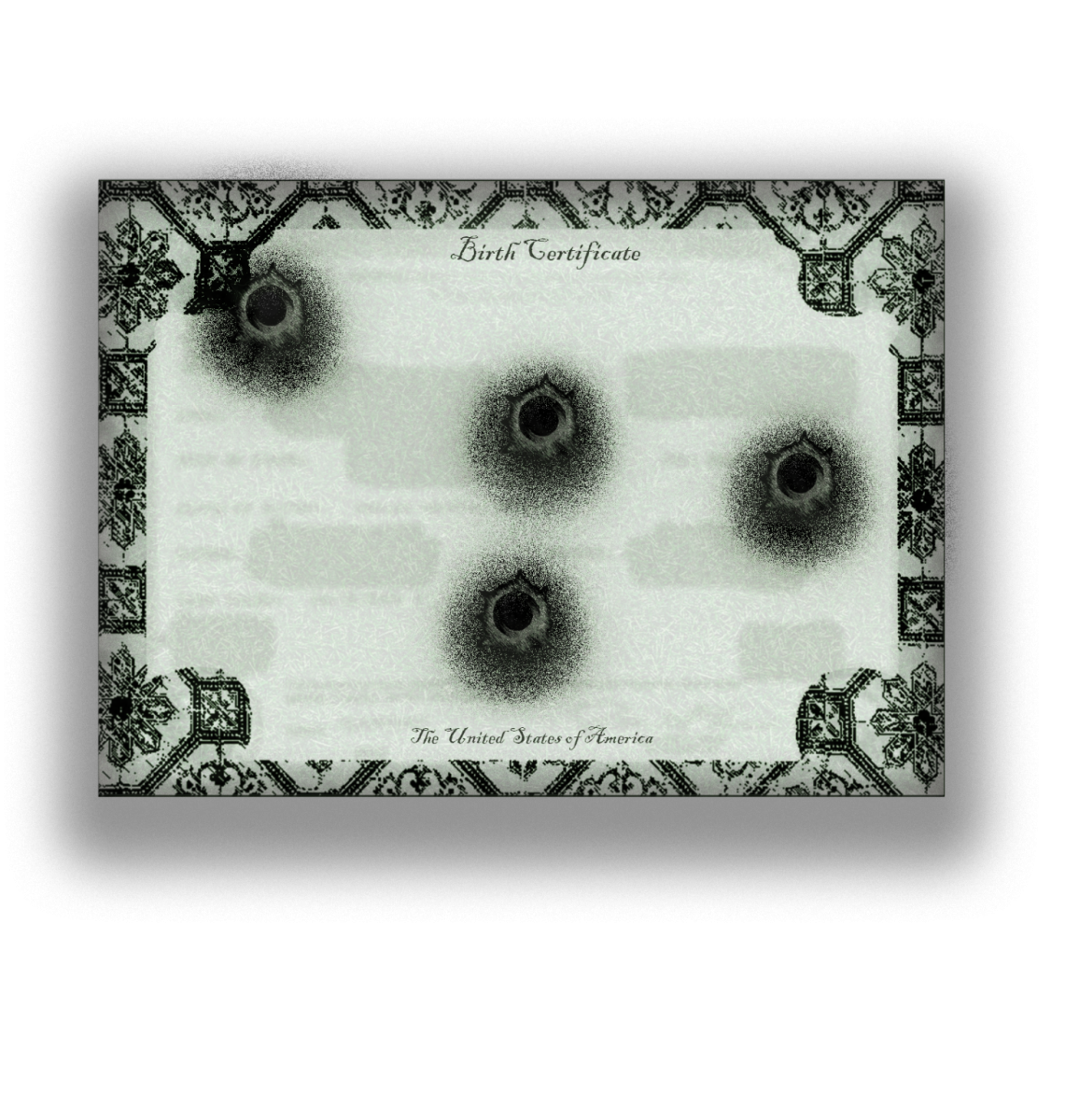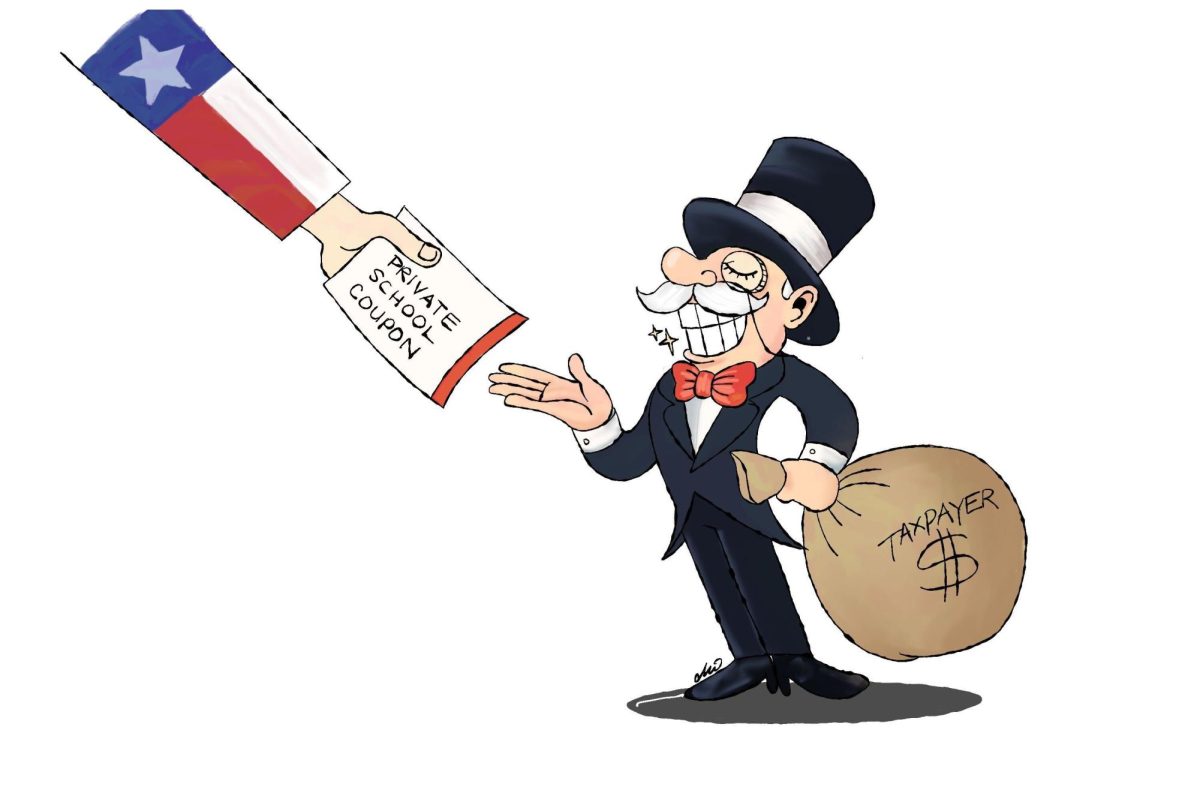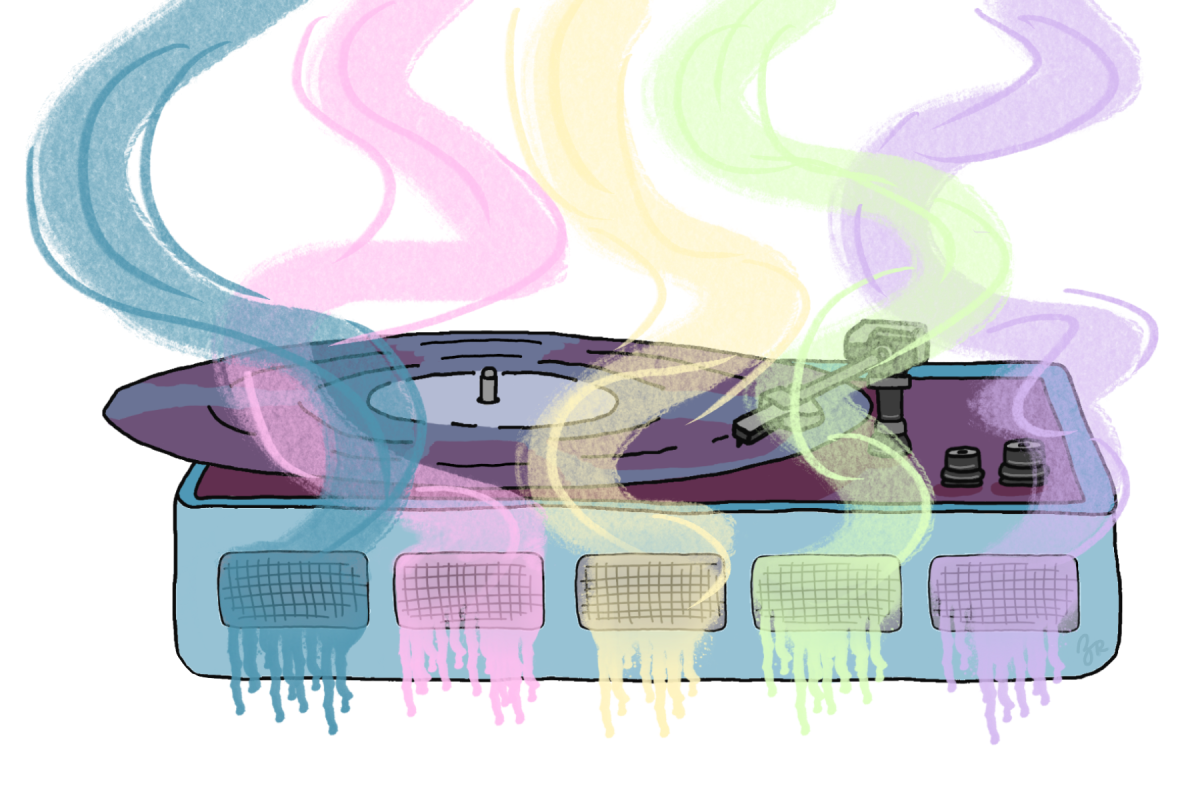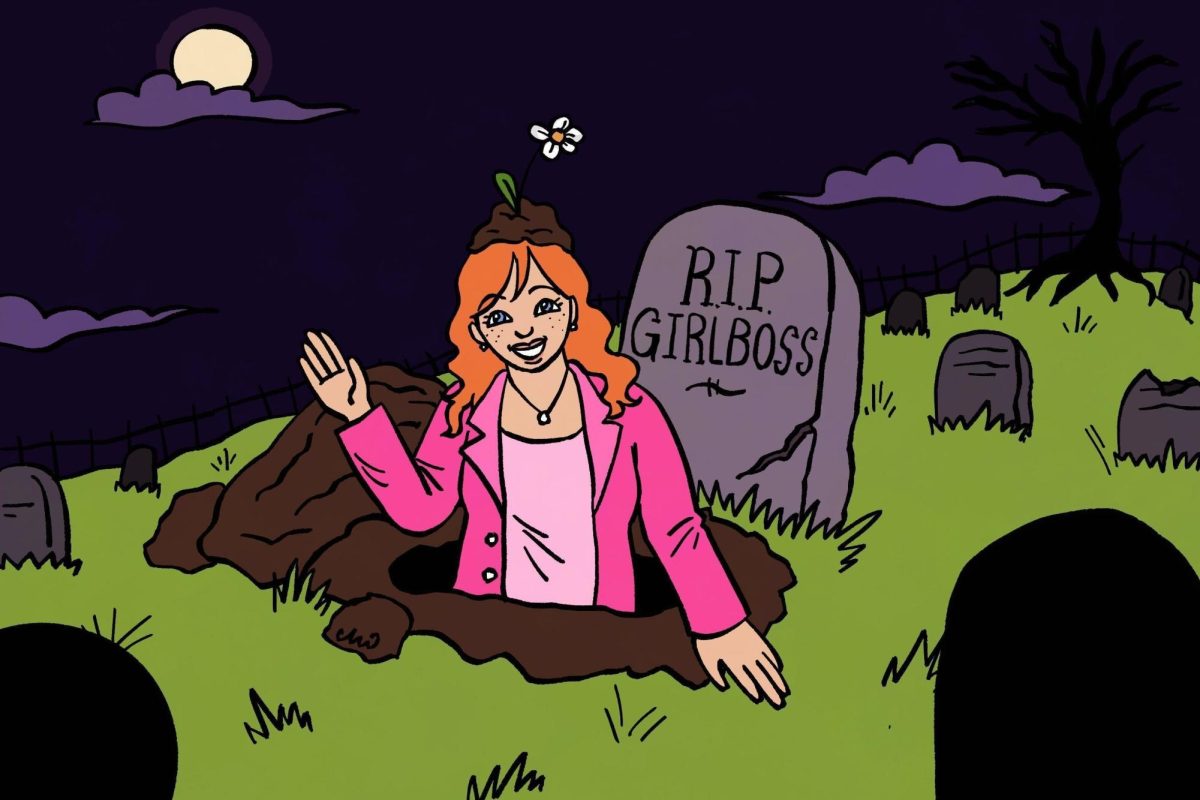Editor’s Note: The names of sources who requested to be anonymous due to fear of retaliation have been removed to protect their identities, in accordance with The Battalion’s anonymity policy.
When I think of Texas A&M, I think of the “Keepers of the Spirit and the Guardians of Tradition” — the Corps of Cadets.
The Corps has gone through a multitude of challenges and changes. One of the most important being the integration of women in to the Corps in 1975.
With the introduction of women came the battle against inequality and the testing of an important Corps value: unity. Indeed, Andrea Abat, the first woman in the Aggie band — an outfit in the Corps and the official band of A&M — described the importance of her “buddies” or fellow outfit members in overcoming adversity.
“My buddies faced tremendous pressure from some upperclassmen to try and push me out to get me to quit,” Abat said. “That was where I first learned about integrity, honor and courage because those guys stood by me.”
This instance of “integrity, honor, and courage” represent what cadets strive to achieve — their Corps Brass.
Although to some it may appear a small metal pin worn on the left shoulder of cadets, it’s a symbol of what it means to be a “soldier, statesman and knightly gentleman.”
Etched on the brass are two phrases “Per Unitatem Vis” or “Through unity, strength.”
Unfortunately, not all of those in the Corps understand what it takes to earn their brass. If they did, the sexualization of women would not be an active issue.
The relationship between women and men in the Corps has always been complicated. While the sexualization of women is a complex topic, I hope we can all agree that ranking women’s attractiveness is blatantly immoral.
“The seven” is an inside “joke” amongst cadets which posits that there are only seven attractive women in the Corps. Some outfits and individuals make their own personal lists online and in person.
“Diana,” a cadet who requested anonymity, was listed as one of “the seven” in an online list and said the harassment negatively affected her experience in the Corps.
“People just assume or try to get with you for the purpose of being with who is on the list,” Diana said. “Within a couple of weeks of school, there was one of my upperclassmen who came up to me and told me to be careful because I now have a target on my back and not to follow specific online accounts … then there’s outfits who have their freshmen make a powerpoint [regarding ‘the seven’].”
In what world does this behavior align with that of a “knightly gentleman?” Ranking people is disrespectful and isolates and ostracizes women from their peers.
Another cadet who requested anonymity, “Cara,” said she had a conversation with a male cadet about one of the targets of “the seven” harassment.
“I jokingly ask him, ‘Oh, how’s it feel being in the class with one of the seven?’ and he talked about it like a bragging point and was trying to set up one of his friends with that girl,” Cara said. “You don’t even think about the fact that knowing someone in ‘the seven’ is something that guys wish they had because ‘You know, you could look at them.’”
Beyond being degrading, “the seven” perpetuates dehumanizing stereotypes.
Cara said women are grouped into four main categories by their male peers: women who are seen as weak, “one of the guys,” women who are only respected in professional contexts and those who are seen as sexual objects.
“There are definitely women who they see as serving one purpose and one purpose only, and that is to be an object for men to look at,” Cara said. “And the seven list is the best example of that. If you’re on the seven, that is the one purpose you serve.”
Similarly, biological and agricultural engineering junior Hannah Taylor, a woman in the Corps, said some cadets find it difficult to conceptualize a female cadet’s individuality.
“They either get completely ignored and guys look right through them because they are women in the Corps,” Taylor said. “Or the complete opposite, and some guys just won’t leave them alone and they are hypersexualized. There’s never really a happy medium.”
Beyond their value as individuals and women, these are also members of the Corps. If you don’t recognize women as fellow cadets, where is the unity? It is not the behavior of a statesman to stereotype and use appearances as a basis of judgment.
These two issues come down to the normalization of disrespectful comments hidden as jokes. When online accounts post about some cadets being “down devious” for women, women getting their “back blown out”, comparing units with large numbers of women to middle school drama and even freshmen getting sexually harassed by upperclassmen, you know this behavior is getting too comfortable.
This behavior is frequent enough that even other cadets acknowledge it and talk about it in the context of inside humor.
It’s particularly important to realize that if this “joke” is explicitly sexual or degrading, it’s harming an institution that expressly values teamwork and only isolates you from your other cadets. As “discreet” some people may think these jokes are, it’s important to recognize that a lot of people, especially women, know they are being made.
On the most extreme level, there are even alleged threats of violence against women.
“There has been an incident recently where someone has been calling and contacting female cadets, describing them to them from an unknown number,” Taylor said. “It’s freaky and it all narrows down to that hyper sexualization.”
Ultimately what this proves is that these foul attempts at humor go beyond “laughs” and demonstrate an underlying view of women that mirrors these more violent acts.
Thankfully, there are still more than plenty of people in the Corps who look out for one another and a different set of online accounts are spreading safety and awareness in protecting their fellow women.
Although this negative behavior persists, so do people with integrity. Women continue to love the Corps, and through their fellow cadets and A&M’s support, they succeed.
In fact, the incoming Corps Commander is female, making her the third woman in history to accomplish this amazing feat. Nevertheless, we need more cadets with that same integrity, honor and courage described by Abat to continue the fight toward justice and unity.
It’s difficult to call out anyone, especially in an environment as described by Taylor, one that values not “snitching” and where the unworthy cadets are “so loud” as Cara says. However, to be a soldier, you need to fight for your fellow soldiers too.
Learning to care about your team, despite differences, is what makes bonds even stronger. In the real military, and everywhere you go in life, you will meet people who are different from you. It only makes sense to learn how to navigate diverse environments.
“They hide behind their phones and their meme pages and their little boy groups and they say this stuff behind closed doors,” Cara said. “But the second a woman asks about it, they can’t say it, and it’s just like if you’re going to believe this, say it to my face, and we’ll talk about it”
So, let’s all talk about it. These issues are worth fighting for.
The Corps needs to have this conversation, stand against this immoral behavior and prove to A&M why they are Guardians of Tradition:
Through unity, strength.
Lilia Elizondo is an English senior and opinion writer for The Battalion.
















